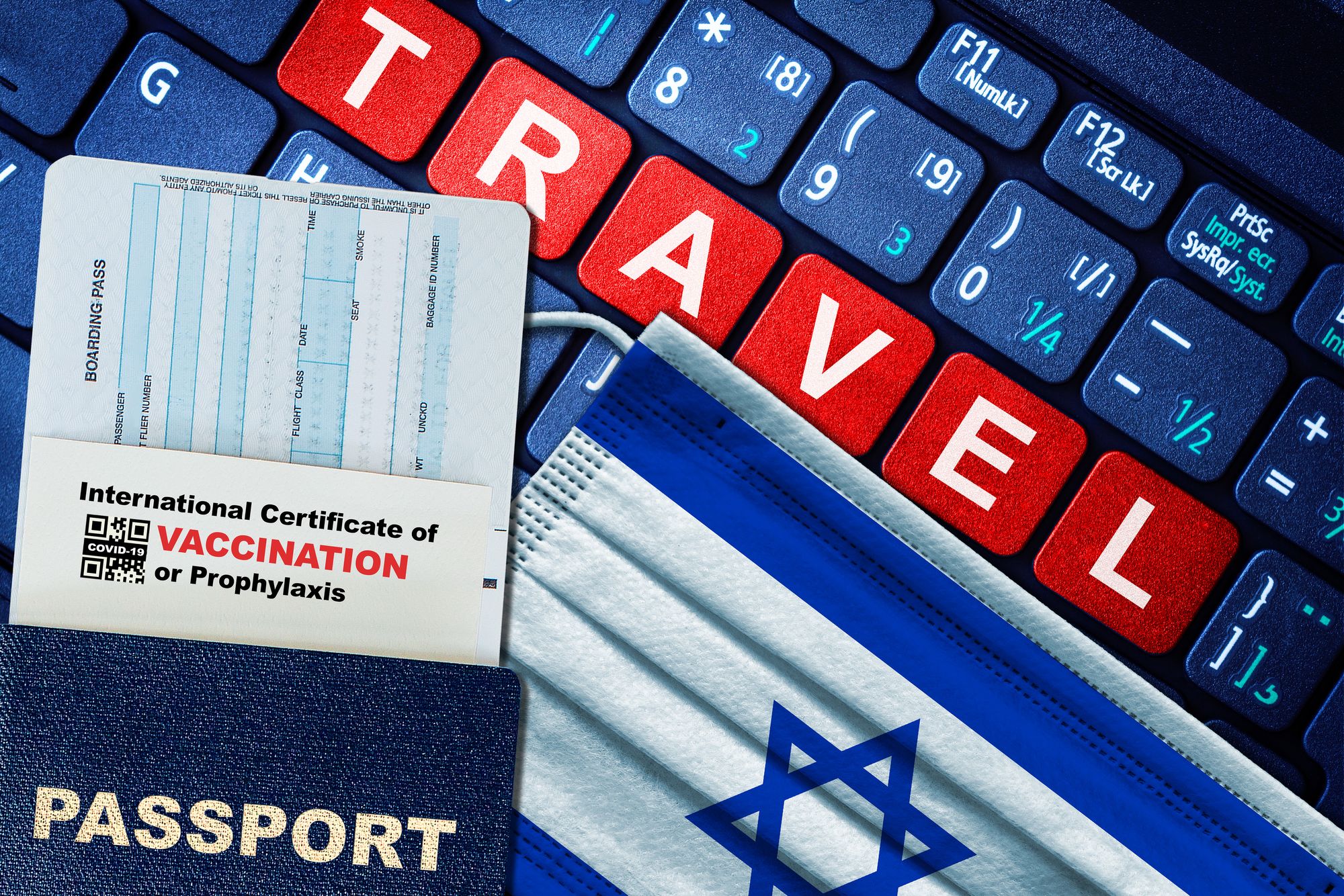On 1 June 2021 the Israeli green pass regime ended. The green pass regime was instituted in Israel in February 2021, issuing a digital certificate to those who have been vaccinated or recovered from Covid-19, granting them the ability to take part in leisure, sports, and cultural activities. In our previous blog post we described this regime in detail and discussed the main questions that it raised, particularly focusing on the complexity of balancing individual rights of people not holding the green pass, with public health requirements.
Another concern was the informal expansion of the 'green pass' to spheres beyond these addressed in the legislation, with the prominent example being the labour market: while the green pass did not formally apply to it, some employers took measures including the termination of work of unvaccinated employees. We engage with these questions in more detail in a forthcoming article we co-authored with a few colleagues (see T Luster, E Albin, A Gross, M Tabenkin and N Davidovich, Promoting Vaccination from a Human Rights and Equity Perspective: Lessons from the Israeli Green Pass, European Journal of Risk Regulation). In the post and the article we argue for the need to examine the 'green pass' through constitutional tests, such as it having a legitimate purpose and being used following the principle of proportionality. In the article, we stress that, as part of these tests, a periodic examination of the policy is required, to ensure that the constitutional standards are maintained over time. This is crucial given the need to take into account developing scientific findings on vaccinations and the changing reality of the pandemic.
Such a periodic examination has indeed taken place in Israel in the past few weeks, and the Government did not extend the 'green pass' regime when it expired on 1 June 2021. This followed the significantly declining numbers of infections in Israel, correlated to the high percentage of vaccination of the population. The 'green pass' regime was entrenched in regulations issued under Israel’s Corona Law. The regulations (and in fact the law itself), included a 'sunset clause', and given the lack of extension, the regime ended on 1 June 2021. This was done in conjunction with the lifting of other measures, such as restrictions on gatherings and on the number of people in various establishments. The most important measures remaining in place are the duty to wear masks indoors and the quarantine requirements for non-vaccinated or non-recovered people who came in contact with Covid-19 patients. Also remaining in force are measures regarding international travel, such as restrictions on travelling to certain countries, and requirements of quarantine (for non-vaccinated individuals) upon returning from virtually all countries. The quarantine requirements are the only remaining distinction between vaccinated and non-vaccinated individuals.
Israel, which was the first to install a vaccine passport regime, is thus also the first to discard it. The demise of the green pass regime illustrates that concerns about the distinction between individuals created by 'vaccine passports' can be mitigated if the distinctions are maintained for a limited period of time and examined periodically, and lifted when the epidemiological data shows that they are no longer required. To date, it seems that, even though the labour market was not part of the green pass regime per se (and it was theoretically therefore questionable whether its lifting would have influenced the trickling down of the green pass regime into the market), employers also diminished the restrictions they imposed. In any case, and given the constitutional tests and the analysis provided here, as well as the abolishment of other restrictions concerning issues such as social distancing in the workplace, we expect that the labour courts will not see any justification in upholding these distinctions within the labour market, once they were ended by the State.
TWEET

